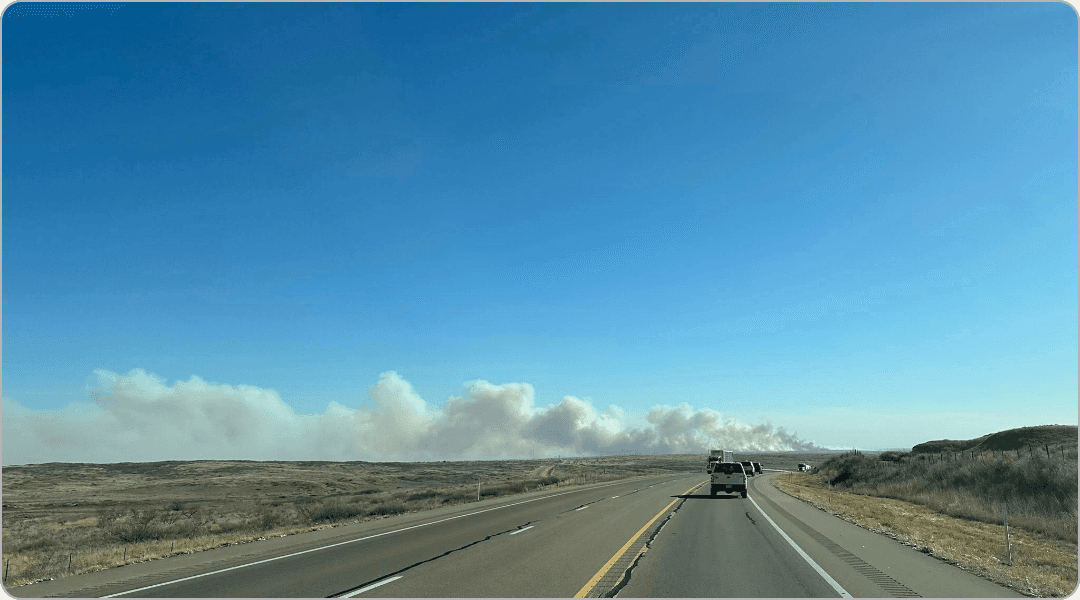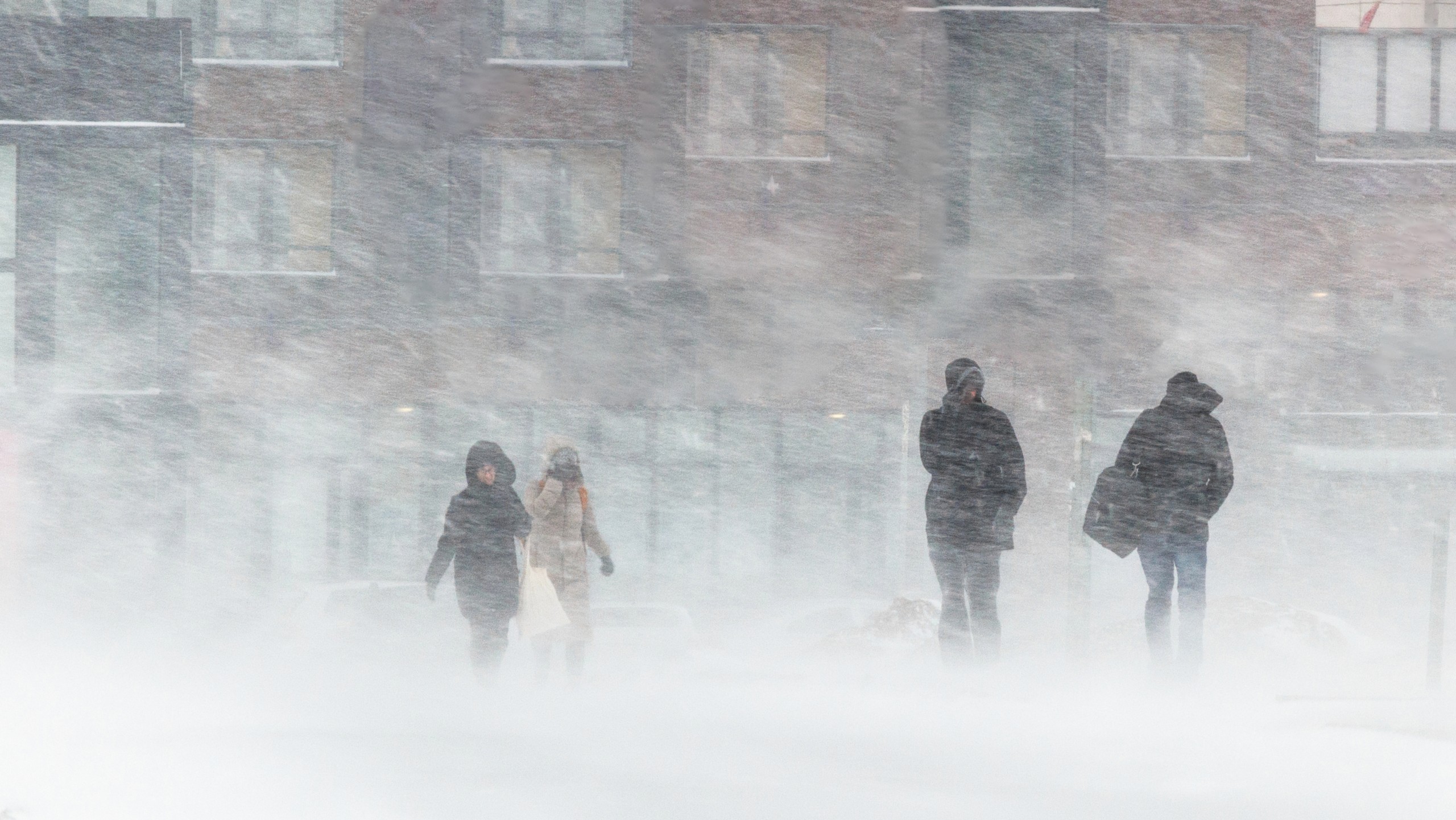Rebuild
Recovery
How to hire contractors post-fire for cleanup and rebuilding
Apr 30, 2025
Cleaning up and rebuilding after a fire is a long process. First, you’ll want to look at fire restoration services—then later if needed—contractors to help rebuild your home.
Post-fire, homes frequently have indoor air quality issues, soot contamination, and water damage. Professional fire restoration services are strongly recommended due to possibly hazardous conditions.
If your fire damage was severe, you may need to choose a contractor to head the rebuilding efforts. A good contractor can work quickly and restore your home on time and on budget. A bad contractor can do substandard work, delay the process, and ultimately cost you both money and time.
When hiring professionals for post-fire cleanup, follow these critical steps to prevent any future issues |
What to do
Things to know about hiring fire restoration services
Verify the credentials of any services you’re considering
Get multiple estimates from different services
Check contracts before signing
Be sure to structure payments
Seek out local resources
Things to know about hiring fire restoration services
Fire restoration services perform a variety of tasks including: assessing damage and providing time/cost estimates for clean-up. They’ll prevent further damage by sealing, tarping, and removing salvageable property. They’ll also address water damage from burst pipes or firefighting efforts, removing any moldy materials. They will remove smoke, soot, and ash from all surfaces and deodorize to eliminate lingering smoke odors. Some restoration services can also repair and restore structural elements and salvageable belongings.
You can find qualified services by asking your insurance agent for approved company lists to streamline claims. Be sure to verify state licensing and IICRC certification for technicians and request recent customer references. Confirm they offer free estimates and work directly with your insurance.
Some key questions to ask in a first meeting: what are their credentials and what would be their timeline for starting cleanup? Do they apply for and meet all permits? What kinds of cost overrun policies do they have? Can they do post-cleanup particulate testing to verify the home is safe before returning again?
Important timing consideration: If multiple neighboring homes were damaged by fire, consider waiting before hiring services for your home, as neighbors' debris removal and cleaning could cause cross-contaminate toxic ash onto your property.
For renters: Landlords are typically responsible for restoration costs and hiring services. Contact tenant rights organizations if your landlord refuses their responsibility.
Verify the credentials of contractors
Selecting a contractor to oversee your rebuilding is a big decision. Especially so if you don’t have experience hiring or managing contractors in the past. But there are a few things you can do to protect yourself when selecting a potential contractor.
Before you begin working with any contractor, look up their business by name on your state’s construction contractors board. Your state board will tell you their license number, if it is active and up to date, and you can also check for any past complaints or violations. All that information should factor into your decision making process.
During negotiations, ask for certificates of insurance, making sure they have liability and workers’ compensation coverage that is adequate (minimum $500k). Ask for past client references and contact them to see how their projects went, and make sure at least some of the references were also for rebuilding from fire damage. You can look up online reviews at Google, Yelp, Angi, and/or HomeAdvisor as well. It should go without saying, but be wary of any contractors who suddenly appear at your front door after a disaster, as scammers frequently use that sort of approach.
Get Multiple Estimates
A good rule of thumb is to get 3 written estimates from potential contractors before picking one. Ask for a detailed scope of work and compare the costs of materials between all estimates, not just the bottom-line price for the job.
Make sure they’re trained and work in fire-related restoration and rebuilding.
Pay close attention to contracts
Once you’ve picked a contractor to handle restoration and rebuilding, review any contracts they send over closely before signing. Make sure you see a starting date and completion date spelled out, along with a payment schedule that corresponds to the stages when work is completed. It’s a good idea to not pay more than 30% upfront and check the contract for detailed warranty information and that proper permits are applied for and approved for the build.
Structure your payments
Establish a payment schedule that is tied to completion of stages of the project. You don’t want to get into the position of a contractor that has most of your insurance money but hasn’t completed much of the rebuilding yet. Your state may also have laws that limit how big of a downpayment you are allowed to make upfront.. You can hold back final payments until all work passes final inspections. And be sure to keep track of all receipts for insurance and tax purposes.
Seek out local resources
When you’re looking for a contractor, you can contact your local building department for recommendations. Friends and family are definitely your best sources to find reliable contractors and/or vendors but if you have no leads, you can check with your local county to see if there is a disaster contractor registry listing area specialists. You may also want to consider restoration companies that work directly with your home insurance by asking your insurance agent for a list of approved contractors.




